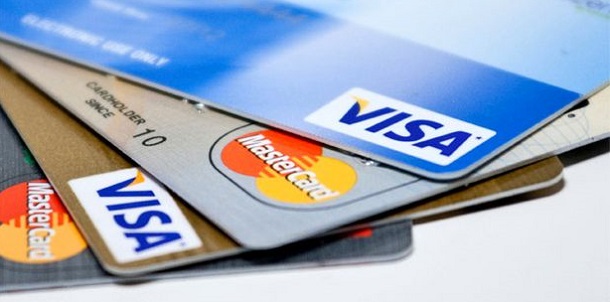
Your credit rating is a number that lenders will use to decide how risky you are to lend money to. Whenever you apply for a credit card, loan or another type of finance agreement, the lending company will run a credit check on you before deciding if you are a suitable borrower.
If your credit score is low, it can have a big impact on your ability to obtain any type of finance, but unfortunately, credit scores are not overly straightforward. There is no set of rules to let you know exactly how many credit points are gained and lost with every transaction, which makes understanding what effects your credit score difficult. There are a number of factors that can negatively impact your credit rating:
Making A Credit Application
When you create an application for any type of credit, a credit application search is carried out on you. This leaves a search mark on your credit report that can be seen on all future credit checks.
When you make an occasional application for credit, it won’t affect your credit score too much, but if you make a lot of applications within a small space of time, then it is likely to impact your score negatively.
To help limit the number of application searches on your credit report, you can use ‘soft’ searches to check your eligibility for a finance product before applying. These soft searches can let you know if you are likely to be approved and won’t show up on your credit file to lenders.
Moving Frequently
It might sound unrelated, but if you move home a lot, this can have a negative impact on your credit score. Lenders like to know their borrowers are stable and reliable, and one way they determine this stability is your address history. If you have been at the same address for many years, you will be seen as more reliable than those who are frequently moving home.
In addition to moving regularly, not being registered to vote can also have a negative impact on your credit score. The electoral roll is used by credit check companies to confirm you do live where you say you do.
Missing Debt Payments
Every time you miss a repayment or make a payment late, this will be marked on your credit file and be visible to potential future lenders. This will have a negative impact on your overall credit score. If you end up missing several payments on existing debts, then your lender could end up putting your account on ‘default’.
Defaulting on any debt will have a very negative impact on your credit score and remain on your file for six years.
It is never too late to pay off your debts. If you have defaulted on your account, continue to make whatever payments you can, even if you have to pay late or not pay the full amount. Paying what you can will demonstrate to lenders that you have tried to resolve your defaulted payments.
Your Credit Utilisation
The amount of credit you are currently using is known as your credit utilisation, and this also has an impact on your credit score. If you use too much of the credit that is available to you, or too much credit on one single debt then it can damage your credit score. When you go over a certain amount of your credit limit, it can leave a mark on your credit file.
Keeping your credit utilisation under 30% of your limit is usually a good amount to aim for. If you use between 50% and 75% of your total credit, then it will be marked as an amber flag on your report. Using over 75% will be marked as a red flag.
Public Records
Any information about you that is on the public record can become part of your credit report. This includes any CCJs (County Court Judgements) against you, IVAs (Individual Voluntary Arrangements) or bankruptcy. If any of these items are marked on your credit history, then it will have an adverse effect on your credit score and most lenders will be less willing to lend money to you.
If you have one of these items on your records then be sure to follow any restrictions or rules that you have been given carefully. If you fail to follow what has been asked of you, it can lead to further adverse effects on your credit score.



